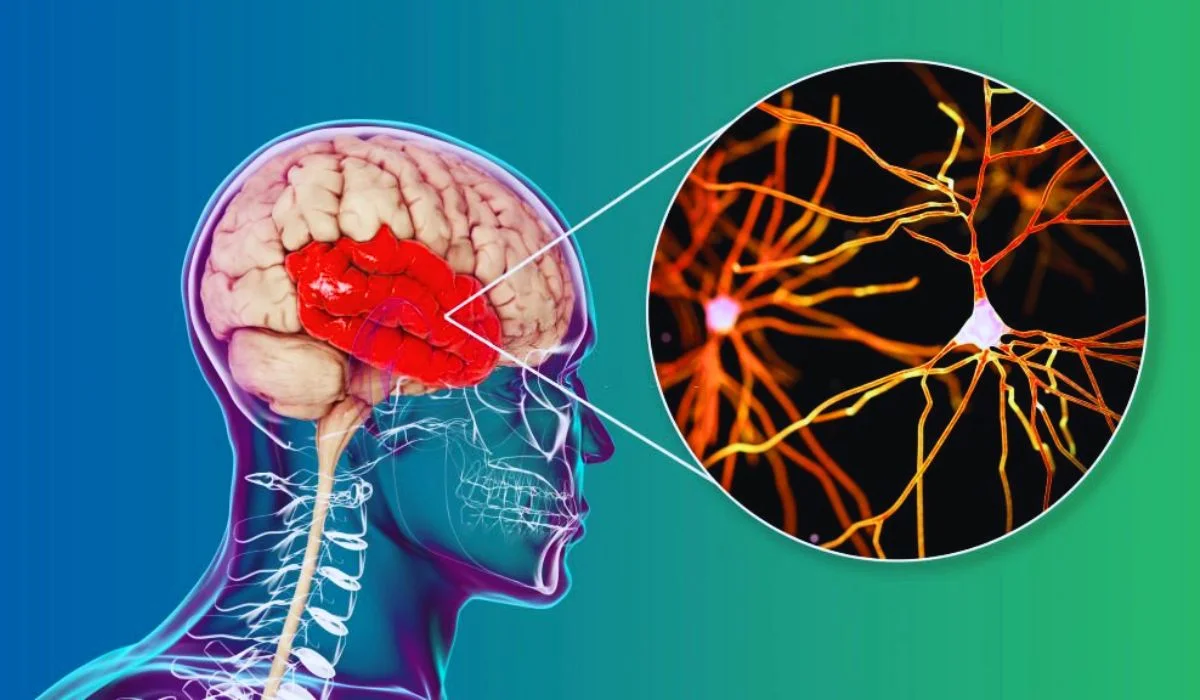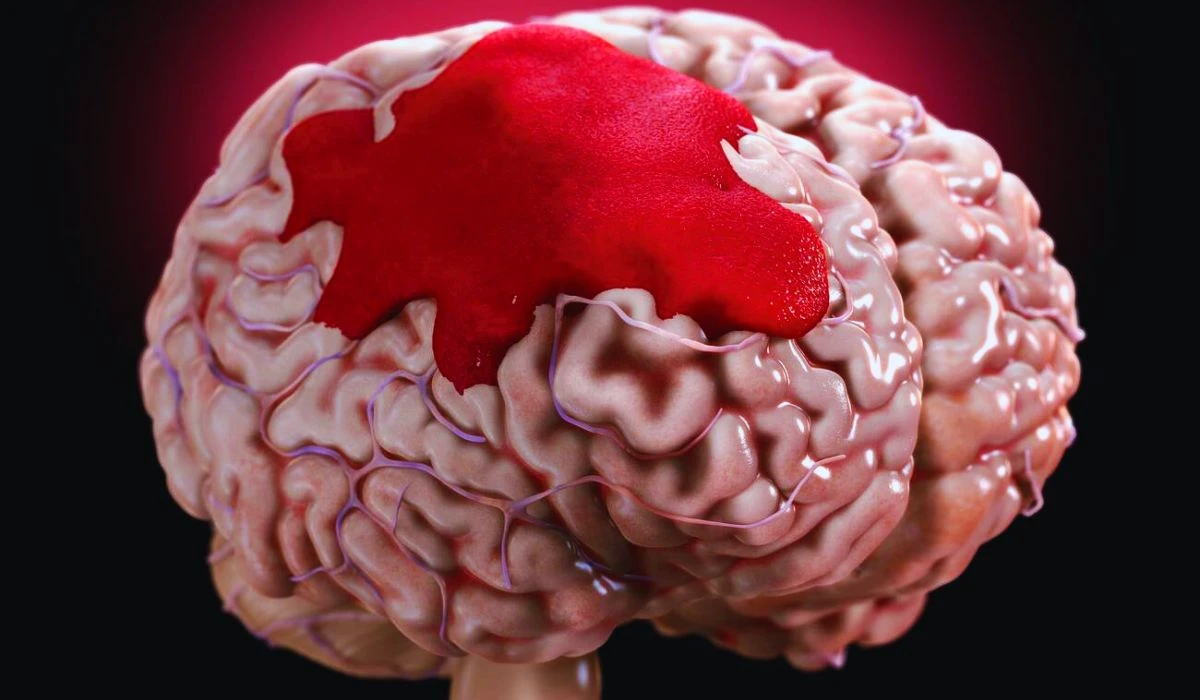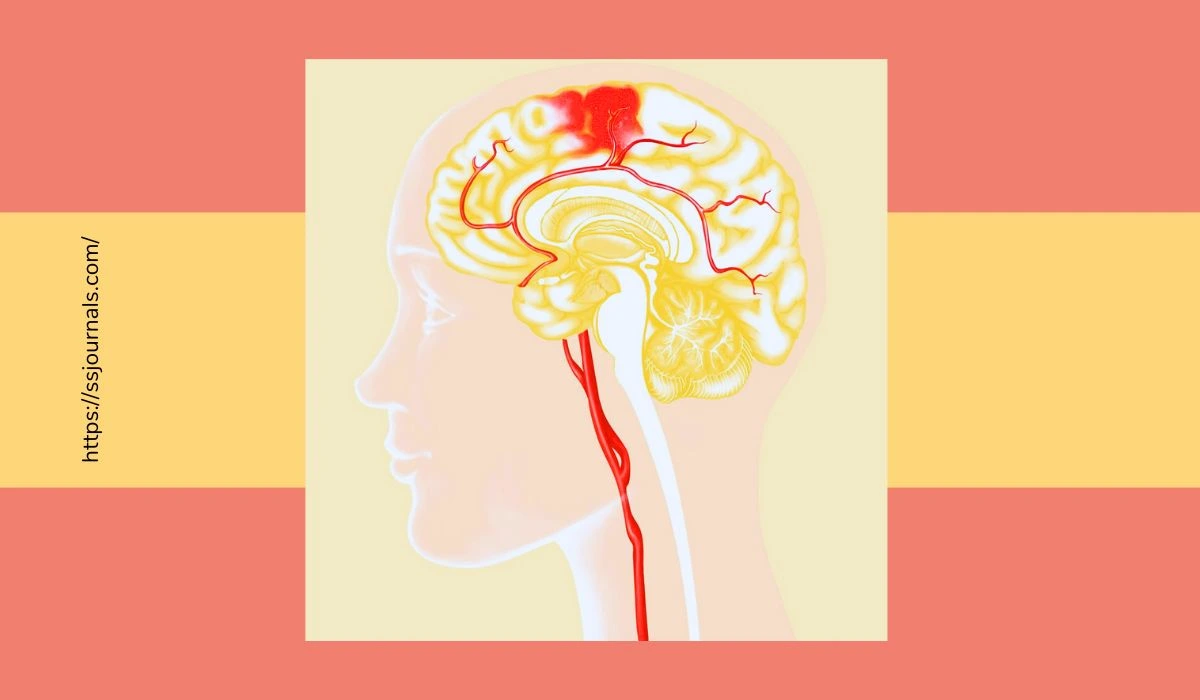The human brain is a miraculous organ responsible for thoughts, emotions, and actions. It can, however, be vulnerable to health conditions, like blood clots. Clots, also known as thromboses, happen when blood hardens in brain vessels. Detecting and treating these clots promptly is important to stop severe issues and brain damage.
Brain blood clots have a strong emotional effect on those impacted. The fear of long-term effects can be very tough for patients and their families. Knowing the causes of these clots can help manage this fear.
Symptoms Of Brain Blood Clots

The symptoms of brain blood clots can be subtle yet life-threatening. Understanding the signs is crucial in seeking immediate medical attention. Here are six key manifestations to watch out for:
- Severe headache: A sudden and intense headache, often described as the worst ever experienced, could indicate the presence of a brain blood clot.
- Weakness or numbness: Partial or complete paralysis, particularly on one side of the body, is a concerning symptom that necessitates urgent medical intervention.
- Changes in vision: Blurred or double vision, as well as sudden loss of vision in one eye, might be indicative of a clot obstructing blood flow to the optic nerve.
- Speech difficulties: Slurred or garbled speech, difficulty finding words, or sudden inability to speak are alarming signs that may point to a brain blood clot.
- Dizziness or loss of balance: Individuals with blood clots might experience sudden dizziness, difficulty standing or walking, and loss of coordination.
- Seizures: Uncontrolled movements, convulsions, or altered consciousness, such as confusion or unconsciousness, could be provoked by a brain blood clot.
Causes Of Brain Blood Clots
Brain blood clots can occur due to various factors. Obesity, smoking, high blood pressure, and a sedentary lifestyle are known risk factors. Additionally, certain medical conditions like atrial fibrillation and diabetes can also increase the likelihood of developing blood clots.
Injuries to the head or neck, as well as genetic factors, can play a role as well. It is important to understand these causes and take preventive measures to reduce the risk of brain blood clots.
💠 Atherosclerosis
Atherosclerosis is a condition where arteries narrow due to the build-up of fatty plaques. This reduces blood flow and makes blood clots more likely.
Cholesterol, calcium, and other materials can form plaques on artery walls. Gradually, these plaques harden and narrow the artery diameter. This blocks the flow of blood and can cause a clot to form.
💠 Blood Clotting Disorders
Hemophilia is a type of blood clotting disorder. It is caused by a genetic issue that stops certain clotting factors from working correctly. This can lead to prolonged bleeding, even from minor injuries. Another disorder is von Willebrand disease, which affects the protein needed for platelet adhesion and clot formation.
Thrombophilia is another form of blood clotting disorder. This means people have an increased risk of forming abnormal clots. This can lead to DVT (Deep Vein Thrombosis) or PE (Pulmonary Embolism). It can be inherited or come from particular medical issues or medications.
💠 Inherited Conditions
Certain inherited conditions can make blood vessels more prone to clotting. For example, mutations can weaken the wall structure, or cause abnormal levels of substances like homocysteine or lipoprotein(a).
These conditions are present from birth and persist throughout life. People need extra caution and regular monitoring for the prevention of brain blood clots. Relatives should be aware of their risks and get medical advice if necessary.
💠 Trauma Or Injury To The Head
Direct or indirect injuries to the head, like whiplash or sudden movements, can cause the brain to stretch or tear vessels. This also disrupts the balance of clotting factors in the body, which can lead to excessive clotting.
Some people may be more prone to this due to underlying conditions or genetics. If you have had a head injury, seek medical attention quickly. To prevent head injuries, wear protective gear during activities that could cause them, such as sports or construction.
💠 Certain Medications Or Medical Procedures
Certain drugs taken to treat cancer, such as chemo, can cause an imbalance of blood clotting and anti-clotting factors. Hormonal meds, like birth control and hormone replacement, too can boost the risk of forming brain clots.
Medical procedures that require invasive intervention or long periods of stillness can also result in clotting. Surgery lasting for hours and bed rest post-surgery or illness can both lead to clotting.
Treatment Options For Brain Blood Clots
Treatment options for brain blood clots involve various medical interventions to resolve the clot and prevent further complications. These interventions may include medication, surgery, or minimally invasive procedures. The choice of treatment depends on various factors such as the size and location of the clot, the individual’s overall health, and the severity of symptoms.

✅ Medications
Medication is an option for treating brain blood clots. Anti-epileptic drugs help in preventing seizures. Corticosteroids reduce inflammation and swelling.
The effectiveness of the medication depends on factors like the location and severity of the clot and underlying medical conditions. It is best to consult a health professional for personalized treatment options.
✅ Surgical Procedures
When it comes to brain blood clots, surgery is a vital option. Craniotomy, endovascular therapy, and minimally invasive techniques like neuro endoscopy can be used. These offer shorter recovery times and reduced risk of complications.
✅ Clot-Dissolving Therapy
A catheter is inserted into the affected blood vessel and a medication called tissue plasminogen activator (tPA) is delivered directly to the clot. tPA works by changing plasminogen into plasmin. Plasmin breaks down fibrin, which is important for blood clot formation. Clot-dissolving therapy can help restore blood flow and even prevent stroke.
✅ Physical Therapy And Rehabilitation
Physical therapy not only cares for physical impairments but also targets cognitive deficits caused by brain blood clots. Therapists use specific techniques to strengthen memory, attention, problem-solving skills, and decision-making.
Prevention Tips For Brain Blood Clots
To protect yourself from brain blood clots, follow these essential prevention tips:
- Stay physically active: Engage in regular exercise to improve blood circulation and prevent the formation of blood clots in the brain.
- Maintain a healthy diet: Consume a balanced diet that includes fruits, vegetables, whole grains, and lean proteins to promote overall cardiovascular health.
- Stay hydrated: Drink an adequate amount of water throughout the day to prevent dehydration, which can increase the risk of blood clot formation.
- Manage chronic conditions: Keep conditions like hypertension and diabetes under control by following prescribed treatments and maintaining regular check-ups.
- Avoid prolonged immobility: If you have a sedentary lifestyle, take breaks and move around regularly to prevent blood clot formation.
In addition to the preventive measures mentioned above, it is crucial to be aware of other factors that can contribute to brain blood clots. Taking oral contraceptives, smoking, and a family history of blood clotting disorders may increase the risk. Therefore, it is advisable to discuss with a healthcare professional if any of these factors apply to you.
Also Check: Vitamins For Brain Health: Boost Your Memory And Focus!

